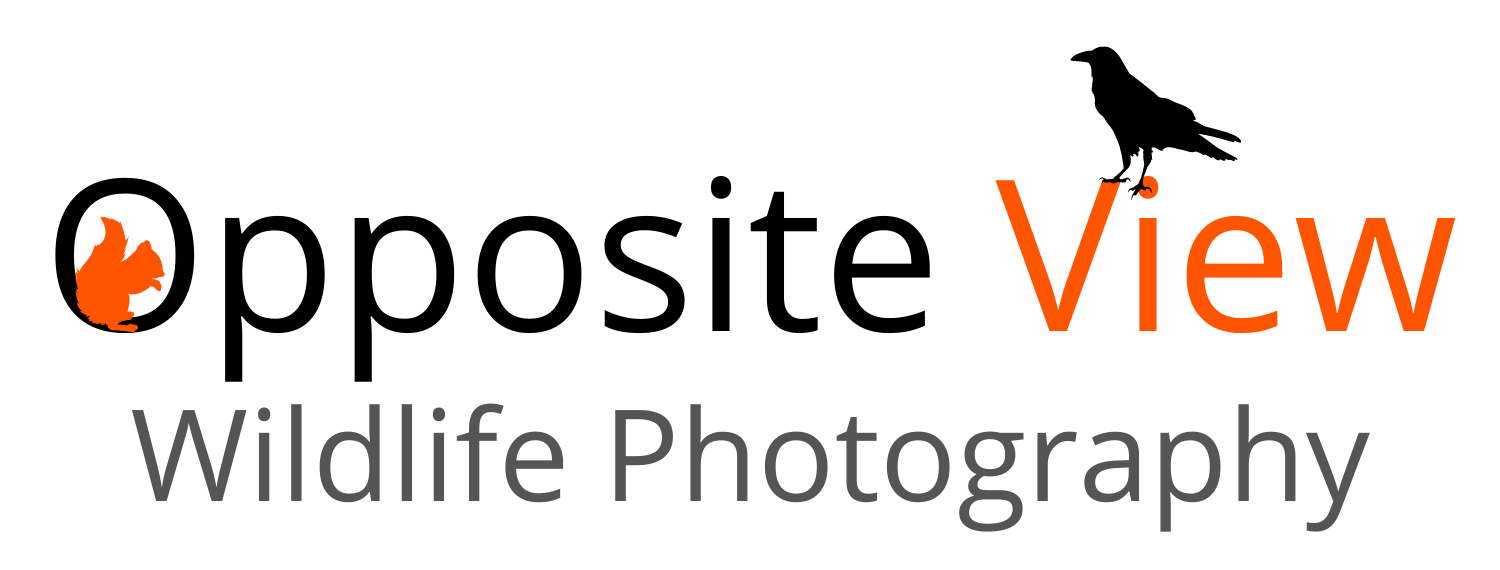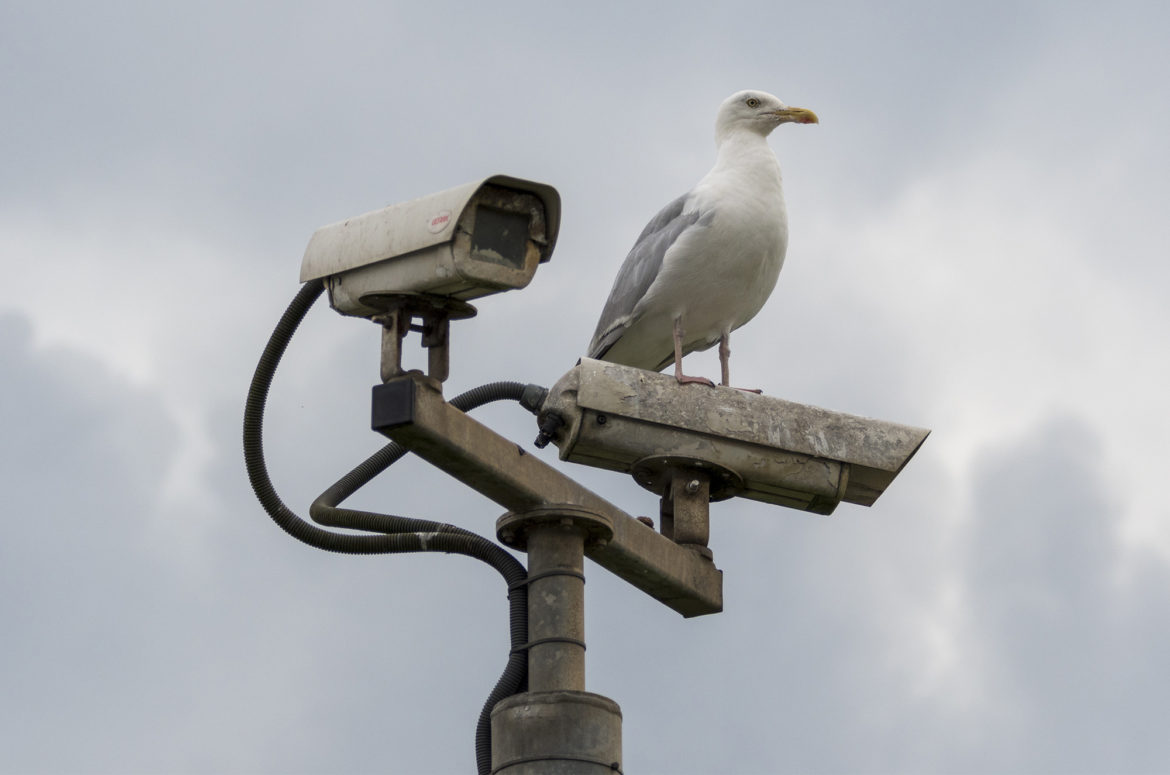This photo of a herring gull perched on a CCTV camera was taken at Irvine beach. I had to wait and hope that the gull would look in the same direction as the camera was pointing before it decided to fly off and this was the result.
On Monday, I posted a blog explaining why I was taking the ‘opposite view’ (hence why this website is called Opposite View Wildlife Photography) of grey squirrels. The herring gull is one of my favourite bird species, but I know that many people will struggle to understand why I love them so much. One person that I know would agree with me is Madeleine Goumas, a researcher at the University of Exeter who is studying herring gull use of human cues. Her recent study has found that herring gulls were more likely to peck at items left on the ground if humans had pretended to eat them first. This is the same researcher who reported last year that maintaining eye contact can deter seagulls from snatching our food. As you can imagine, I love reading about her work and I would recommend looking her up for details of the experiments she carried out.
In an article published today on The Guardian website about her study, Goumas says “Seagulls have made an association between humans and food and the reason for that is probably that we’re not disposing of our food properly when we’ve finished it…Most seagulls don’t snatch food from people, they wait. If we don’t want to have gulls coming up to us and trying to get our food, we need to dispose of our food properly, and have bins that actually keep food inside them”. I know I’m probably preaching to the converted on this blog, but I would encourage everyone to think about this before they start baying for “gull control”. This species is actually in the red on the UK Birds of Conservation Concern list due to ongoing population declines and wintering population declines. They may not look like it, but they are in trouble and need our help, not our harassment.
These intelligent and beautiful animals – I defy anyone to ignore their beauty when you look closely at them – have become a reflection of us and our wasteful attitudes and now people want to punish them for it. I take the opposite view and hope you do too.

